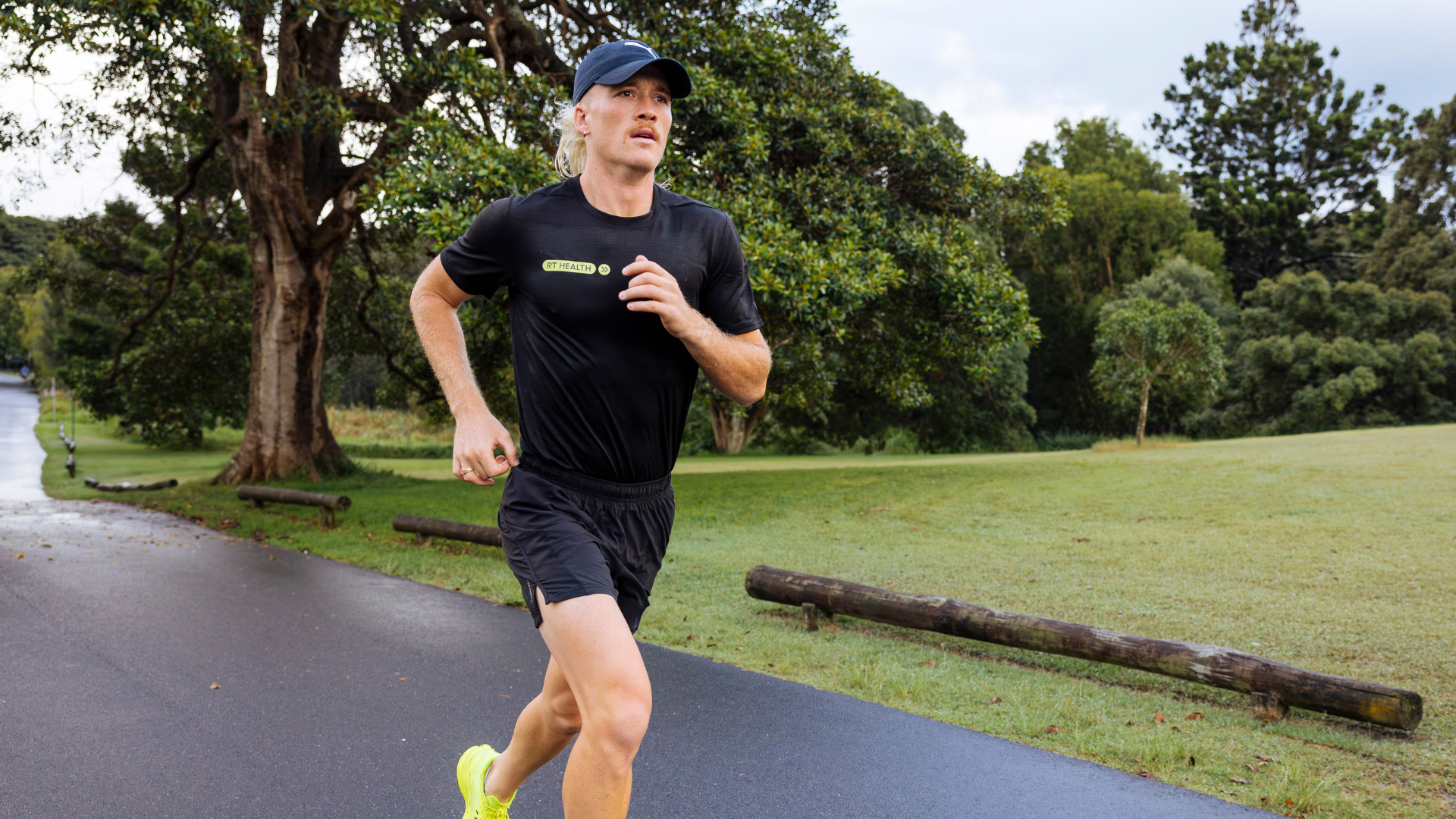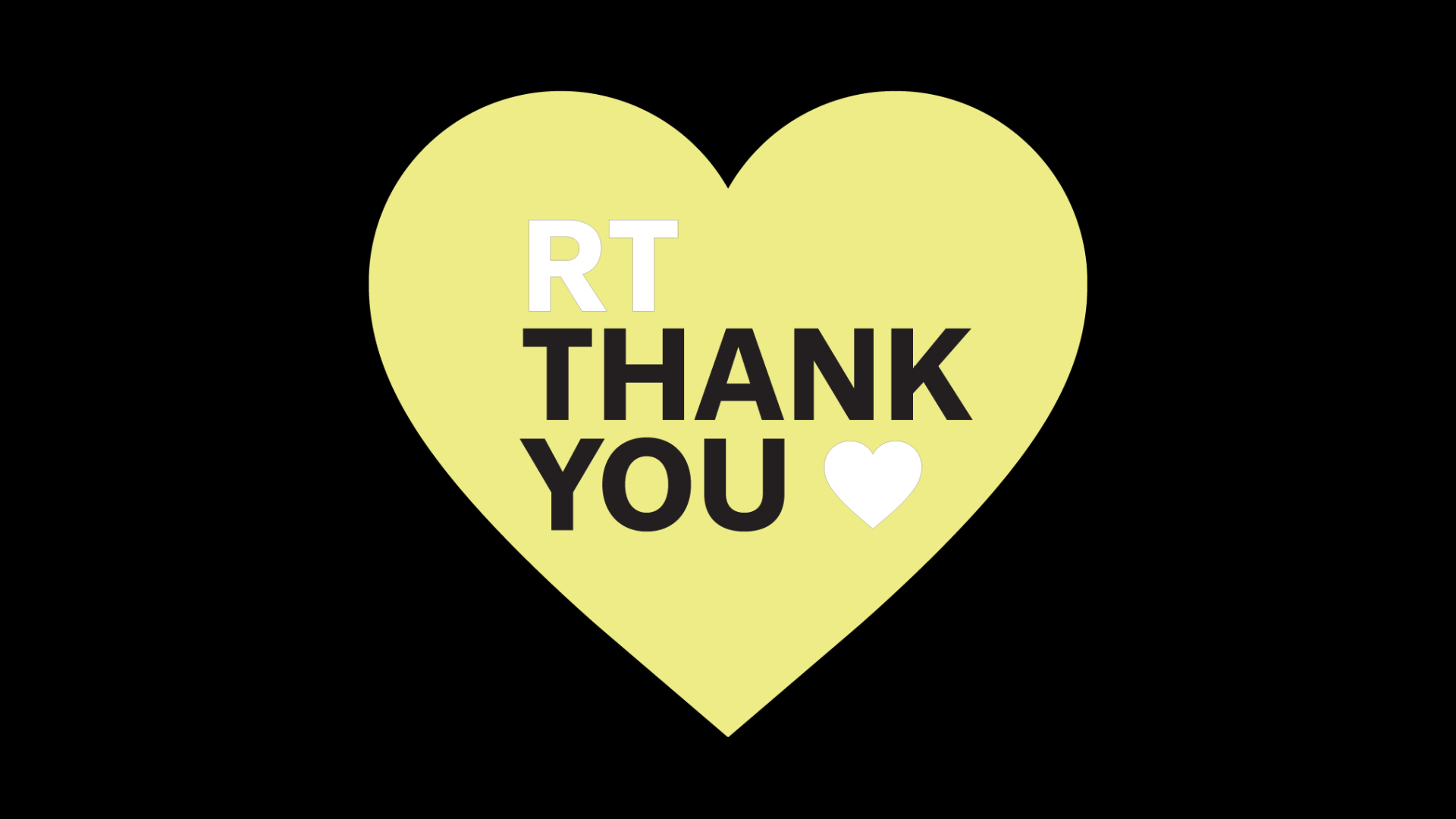If you’ve been impacted by the recent extreme weather events across the country, call our team on 1300 886 123 to find out how we may be able to support.
Why RT Health?
Highly Rated
Named a ProductReview.com.au Award Winner in Health insurance three years running with a consistent rating of 4.9/5 stars.
130+ Years Strong
As Australia’s first registered health fund we have been looking after hardworking Aussies since 1889.
People Before Profits
As a proud mutual and not-for-profit organisation, we're here for our members, not shareholders.

Australia's first registered health fund
A few years back, just as we merged with HCF, we released a special video to showcase our long and proud history.
Featuring historical photos and content, the video tells the story of RT Health. It touches on the health of the first colony of NSW and how enterprising railway workers in Sydney started the Railway & Transport hospital fund in 1889. Our story also meanders through the effects of the Spanish Flu, two world wars, a booming membership in the 1940s and 50s, government changes to healthcare legislation, right through to our merger with HCF, Australia's largest not-for-profit health fund, on 1 November 2021.
Image courtesy of NSW State Archives

